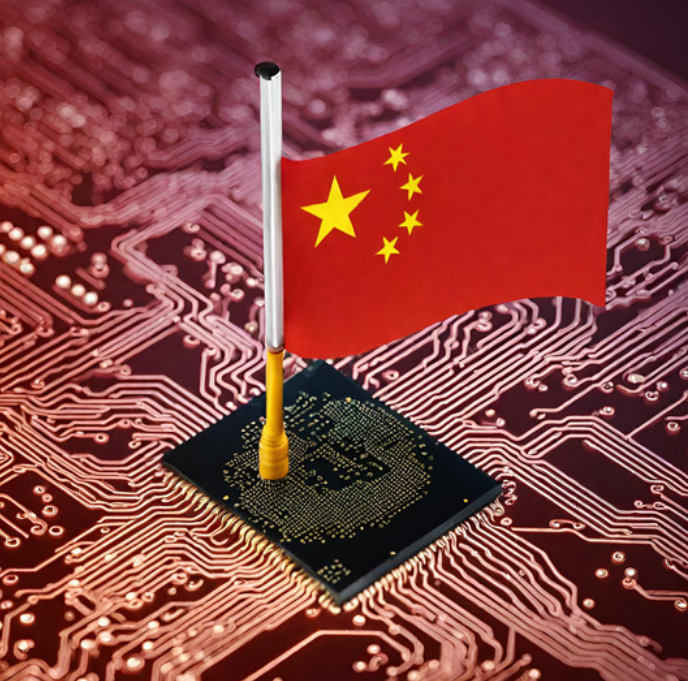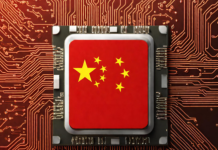Changxin Memory Technologies (CXMT), China’s leading dynamic random access memory (DRAM) developer, unveiled a significant technological breakthrough at the 69th IEEE International Electron Devices Meeting (IEDM) in San Francisco. The company showcased its prowess in advanced gate-all-around (GAA) transistors, a critical component for cutting-edge 3-nanometer grade chips.
CXMT’s presentation highlighted its design capabilities for GAA transistors, signaling a noteworthy achievement in the competitive landscape of memory chip production. Industry analysts have commended the company’s progress, especially its understanding of next-generation memory chip production.
Notably, CXMT faces challenges with US export restrictions, yet the company demonstrated progress despite trade limitations. Emphasizing the importance of the free flow of ideas for industry innovation, CXMT denied any violation of US sanctions or export controls.

CXMT recently announced the production of China’s first lower-power Double Data Rate 5 (LPDDR5) DRAM chip, positioning itself as a formidable player closing the gap with industry giants like Samsung and SK Hynix. The ongoing US-China tech war, marked by export restrictions on key chip manufacturing equipment, has not deterred CXMT’s pursuit of advanced semiconductor technologies.
The company, founded in 2016, has a strategic focus on high-bandwidth memory (HBM) chips crucial for AI applications and is actively developing next-generation logic chips using GAA transistors. Amidst challenges, such as US-imposed export controls on semiconductor-related technologies, including Electronic Design Automation (EDA) software, CXMT’s progress indicates resilience in the face of adversity.
In financial developments, Bloomberg reported a delay in CXMT’s initial public offering (IPO) due to volatile market conditions. The company now plans to raise funds privately at a valuation of approximately 140 billion yuan ($19.5 billion). The funds will be utilized to expand production capacities, aligning with CXMT’s anticipation of a memory market revival in 2024.
However, CXMT’s success in developing advanced DRAM technology may attract increased scrutiny and potential tightening of sanctions by the United States. With CXMT having received significant financial support from the Chinese government’s investment fund, American officials may scrutinize the source of funding, potentially impacting the company’s activities.
CXMT’s strategic focus on positioning itself for growth in the semiconductor industry reflects its determination to navigate global challenges and emerge as a key player in the evolving landscape of memory technology.
Related:
- China’s Semiconductor Comeback Amid U.S. Restrictions
- China is Trying to go Toe-to-Toe with South Korea, the US in Advanced Chip Development
- In Hong Kong’s Tech Revolution, Semiconductors Lead the Charge
(via)







